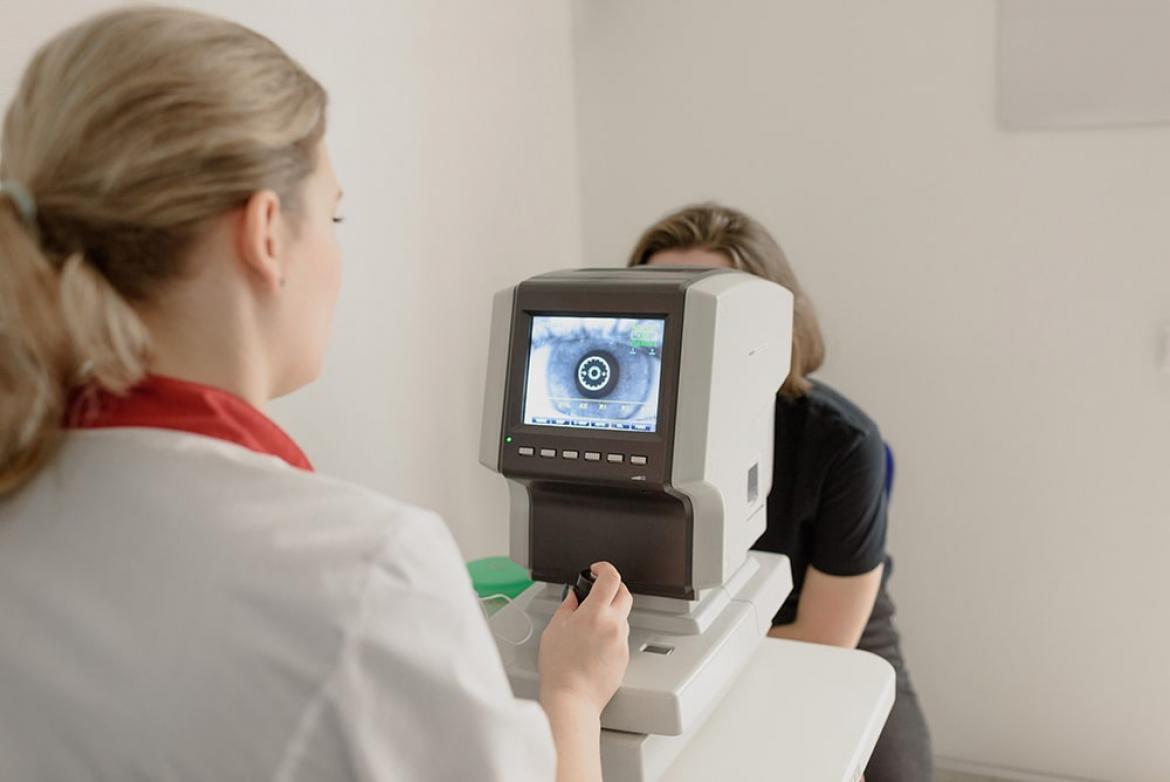When to see an Ophthalmologist and how often you should pay a visit to an Eye Specialist

An Ophthalmologist is a medical doctor who has specialized in the management of conditions of the eye and vision. They have undergone basic medical training and subsequent specialist training over many years to achieve Fellowship recognition with a College of Ophthalmology.
For routine eye care and general eye checkups, it is often preferable to see an Optometrist or Optician. They are skilled clinicians and experts in eye healthcare checkups, prescribing eye glasses or contact lenses, and are trained to detect signs of common eye diseases, such as cataracts and glaucoma. A good Optometrist will know when to send you to an Ophthalmologist based on any suspicious findings indicative of eye disease.
In Australia, where I have the privilege to practice as an Ophthalmologist, people cannot book to see an Ophthalmologist without first obtaining a referral from an Optometrist or General Practitioner.
Once you have seen an Ophthalmologist like me, who has assessed you for eye diseases and administered the appropriate treatment, together we will discuss how often you need to return for a checkup.
My Ophthalmology practice focuses on the subspecialty management of cataracts and glaucoma.
Once cataracts are treated, people do not need regular follow up at my practice, unless they have other eye heath issues. After cataract surgery, once the post-operative care is complete, I encourage people to see their Optometrist annually for routine checkups. Should the need arise they are always welcome to return in the future.
However, people with glaucoma, or at risk of glaucoma, require regular ongoing follow up at my practice, in collaboration with their Optometrist’s care. Critically, they need to regularly perform tests to measure any change in the degree of glaucoma: namely an OCT scan of the optic nerve and a visual field test. These measures let us know if a person’s glaucoma is stabilized or getting worse over time. They are essential to provide good glaucoma care; ongoing regular monitoring prevents irreversible loss of vision. As I stress to my patients, there is no cure for glaucoma, and just because the disease is stabilized today, it may not be so in the future. The efficacy of all intraocular pressure lowering treatments can reduce over time without a person’s awareness, resulting in slow, silent and irreversible loss of vision from glaucoma.
So, how often should people with glaucoma be reviewed? This is often a tailored, personalised approach for each person, based on a number of factors. These include how severe the glaucoma is, how effectively we have controlled the eye pressure, any other eye healthcare issues, the person’s age, other general health issues, and how easy it is for them to attend my practice (e.g. if they live far away). My preferred approach is to broach these issues with each person and together come to an agreed plan of monitoring, in collaboration with their Optometrist; and to make sure their General Practitioner is aware of this plan.